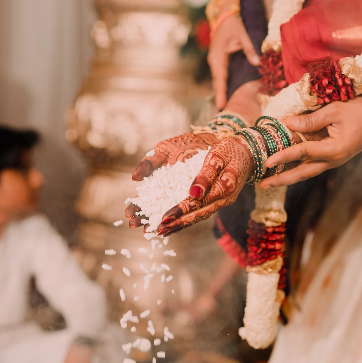Office
Bangalore
Bangalore , Karnataka
India (560001)

Contact : +91 91106 50495
Event photography is a specialized branch of photography dedicated to capturing moments from various events, ranging from corporate gatherings and weddings to concerts and festivals. It is an art form that requires not only technical expertise but also a keen eye for detail, a sense of timing, and an understanding of the event’s dynamics. The role of an event photographer goes beyond merely taking pictures; it involves telling a story through images, capturing the essence and emotions of the event, and preserving memories that can be cherished for a lifetime.
The first step in event photography is preparation. Understanding the nature of the event is crucial. Whether it is a corporate event, a wedding, a birthday party, or a cultural festival, each event has its own unique requirements and expectations. For instance, a corporate event might require a formal approach with an emphasis on speakers, presentations, and networking interactions, while a wedding would focus more on emotions, candid moments, and key ceremonies. Discussing the event’s schedule, important moments to capture, and any specific requests with the client beforehand ensures that the photographer is well-prepared.
One of the key elements of successful event photography is the ability to blend into the background while still being present in the right moments. This often involves moving quietly and unobtrusively, capturing candid shots without disrupting the flow of the event. This skill is particularly important in events such as weddings or conferences, where the photographer needs to document the event as it unfolds naturally, without staging or interfering. The goal is to capture genuine expressions, interactions, and moments that reflect the true atmosphere of the event.
Lighting is another critical aspect of event photography. Events can be held in various lighting conditions, from brightly lit conference rooms to dimly lit banquet halls or outdoor settings with natural light. An event photographer must be adept at working in different lighting situations and be equipped with the right gear, such as external flashes, reflectors, and light diffusers, to ensure that the subjects are well-lit and the images are of high quality. Understanding how to manipulate light, whether it’s natural or artificial, can make a significant difference in the outcome of the photographs.
Moreover, event photography often involves a wide range of shots, from wide-angle shots that capture the overall ambiance and setting of the event to close-up shots that focus on individual expressions and details. A skilled event photographer knows how to balance these different types of shots to create a comprehensive visual narrative of the event. Wide-angle shots can convey the scale and grandeur of an event, while close-up shots can highlight personal interactions, emotions, and intricate details that might otherwise go unnoticed.
Post-processing is an integral part of event photography. After the event, the photographer’s job continues with the careful selection and editing of images. This process involves choosing the best shots that tell the story of the event, adjusting exposure, color balance, and sharpness, and sometimes retouching images to remove any distractions or imperfections. The goal of post-processing is to enhance the images while maintaining their natural look and feel, ensuring that the final photographs are polished and professional.
In addition to technical skills, interpersonal skills are crucial for an event photographer. Building rapport with clients and guests can help put them at ease, resulting in more natural and relaxed photographs. Effective communication before, during, and after the event ensures that the photographer understands the client’s vision and expectations, and can deliver results that meet or exceed those expectations. Being approachable and friendly can also help in capturing spontaneous and candid moments, as people are more likely to be themselves when they feel comfortable around the photographer.
Furthermore, event photography often requires quick thinking and adaptability. Events can be unpredictable, and the ability to respond to unexpected situations, such as changes in schedule, weather conditions, or lighting, is essential. A good event photographer remains calm and composed, making quick adjustments to their equipment or approach as needed to ensure that they do not miss important moments.
The importance of event photography extends beyond just capturing memories. For businesses, high-quality event photographs can be valuable marketing tools, used in promotional materials, social media, and company websites to showcase their events and build their brand image. For individuals, event photographs serve as a tangible reminder of special occasions, allowing them to relive those moments and share them with friends and family.
In conclusion, event photography is a multifaceted discipline that combines technical prowess with artistic vision and interpersonal skills. It requires thorough preparation, the ability to work discreetly and effectively in various environments, and the skill to capture a wide range of moments and emotions. Through careful post-processing and thoughtful presentation, event photographers create lasting memories and visual stories that resonate with their clients. Whether it’s a corporate event, a wedding, or a cultural festival, the role of the event photographer is to immortalize the essence of the event in a way that is both beautiful and meaningful.